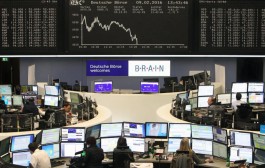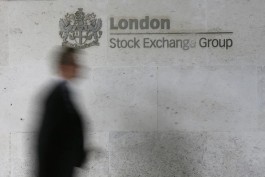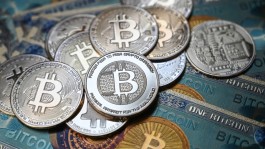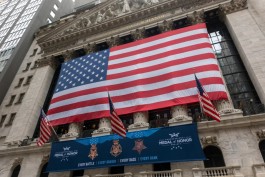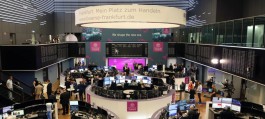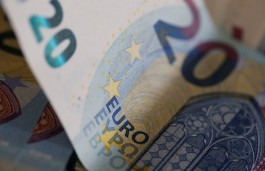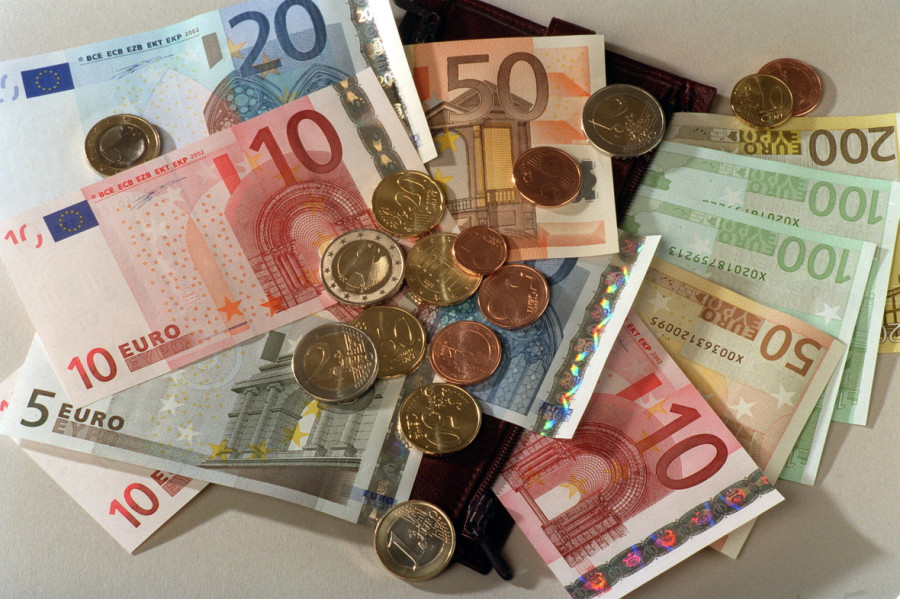The euro fell in the European market on Tuesday against a basket of global currencies, continuing its losses for the second day in a row against the US dollar, moving away from the highest level in a week, due to investors’ aversion to risk.
Focusing on buying US currency as the best alternative investment, with the military conflict between Israel and the Islamic Resistance Movement Hamas entering its fourth day in a row, with the Gaza Strip being subjected to unprecedented aerial bombardment.
Fundamentally, the single currency's loss remains limited until the moment, especially after less hawkish comments from some Federal Reserve officials, which reduced the chances of raising US interest rates before the end of this year.
Euro exchange rate today
The euro fell against the dollar by 0.1% to $1.0555, from the opening price of $1.0566, and recorded the highest level today at $1.0583.
Yesterday, the euro lost 0.2% against the dollar, the first loss in the last four days, amid corrections from the highest level in a week at $1.0600, and due to geopolitical tensions.
Geopolitical tensions
Geopolitical tensions are still escalating on a large scale in the Middle East, since the attack launched by the Islamic Resistance Movement Hamas on Saturday on Israel in the most violent day in that region in 50 years.
The Israeli army responded with continuous bombardment on the Gaza Strip, imposing a complete siege on the Strip by cutting off all means of life, including electricity, water, gas and the Internet, in addition to closing all crossings into the Strip, which prevents food supplies from reaching defenseless civilians in Gaza.
According to official data available so far, the death toll on both sides following those attacks exceeded about 1,500 people as the fighting entered the fourth day.
U.S. dollar
The dollar index rose on Tuesday by 0.15%, reflecting the rise in US currency levels against a basket of major and minor currencies, thanks to currency purchases as the best alternative investment.
Federal comments
If long-term U.S. bond yields remain high, there may be less need to raise the federal funds rate, Dallas Fed President Lori Logan said.
Federal Reserve Vice Chairman Philip Jefferson said: The US central bank will need to act cautiously in light of the recent rise in yields.
Following those comments, futures on the odds that the Federal Reserve will raise US interest rates by about 25 basis points before the end of this year fell from 40% last week to 26% currently.
















